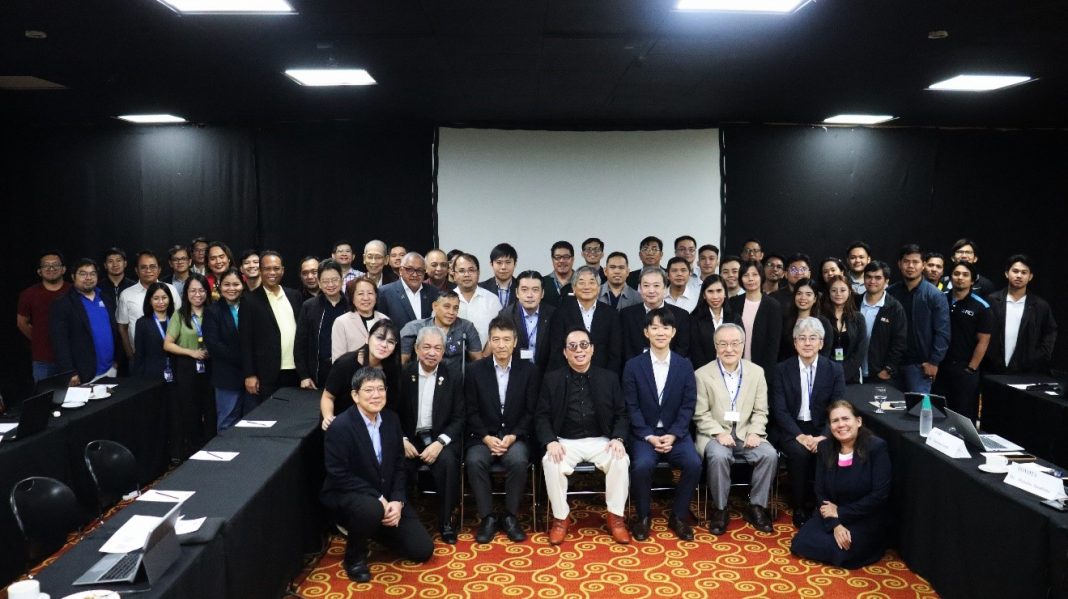In order to hasten the Philippines’ adoption of standardized EV battery and charging infrastructure, the Department of Trade and Industry (DTI) organized a seminar to talk about using Japan’s top EV technology to improve the quality of EV products in the Philippines and support the domestic battery sector, organized by the DTI’s Bureau of Philippine Standards (BPS) in partnership with the Japan Ministry of Economy, Trade, and sector (METI).
“International collaboration is essential in harmonizing EV battery standards, especially regarding safety,” said DTI Secretary Cristina A. Roque.
“With our goal of creating a more sustainable transportation system and the country’s increasing consumer demand for electric cars, the DTI under Bagong Pilipinas is dedicated to making sure that our EV sector satisfies the highest quality and safety requirements,” she continued, “This commitment not only safeguards consumers but also cultivates a market that is competitive, sustainable, and alluring to investors from both local and foreign markets.”
To discuss the current standardization efforts in the Philippines and Japan, Engineer Avelino T. Molina Jr. of the DTI-BPS, the Department of Energy (DOE), the Electric Vehicle Association of the Philippines (eVAP), and Hiroshi Nakayama of the Japan Automobile Research Institute (JARI) were brought together on the first day of the conference.
The DTI-BPS helps the EV sector by creating and implementing worldwide standards for EV batteries and charging systems in accordance with Republic Act 11697, also known as the Electric Vehicle sector Development Act. The Philippine National Standards (PNS) International Electrotechnical Commission (IEC) 61851, 61980, and 62196 series are among the standards for EV parts and equipment that the BPS has produced.



